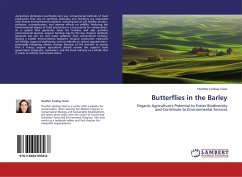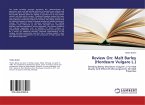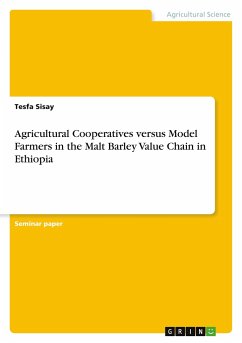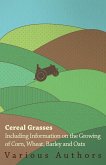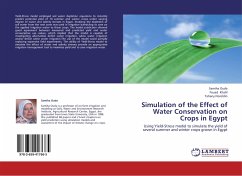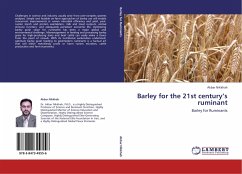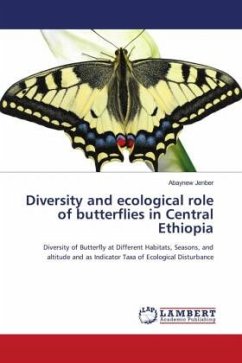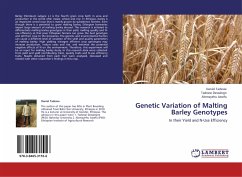Agriculture dominates worldwide land use. Conventional methods of food production that rely on synthetic pesticides and fertilizers are associated with diverse environmental problems, including loss of soil fertility, erosion, pollution, eutrophication, and adverse effects on wildlife. Reducing the environmental impact of food production is a top priority for conservation. As a system that generates value for humans and also provides environmental services, organic farming may be the key. Organic methods generate less soil, air, and water pollution than conventional farming, leaving a smaller environmental footprint. Organic production maintains soil fertility, supports biodiversity, and contributes to carbon sequestration, potentially mitigating climate change. Because of the benefits to society that it brings, organic agriculture should receive the support from government programs, consumers, and the food industry as a whole that it needs to achieve mainstream status.
Hinweis: Dieser Artikel kann nur an eine deutsche Lieferadresse ausgeliefert werden.
Hinweis: Dieser Artikel kann nur an eine deutsche Lieferadresse ausgeliefert werden.

